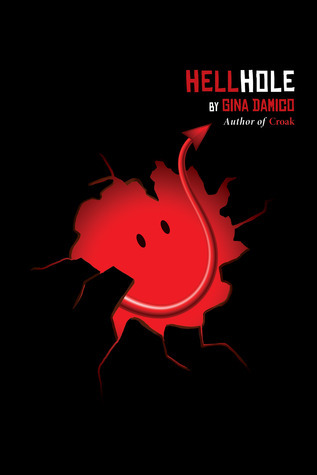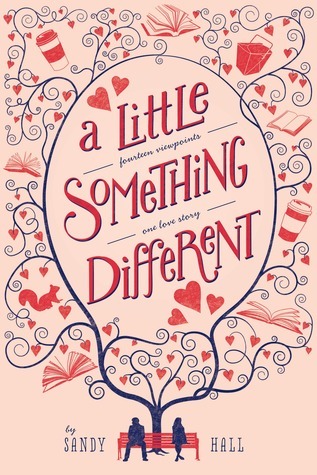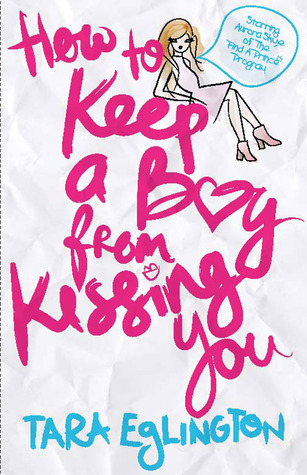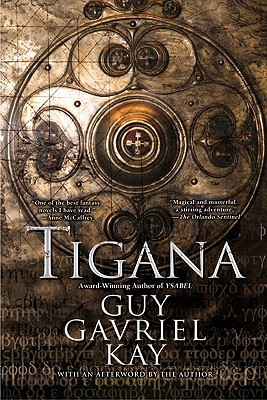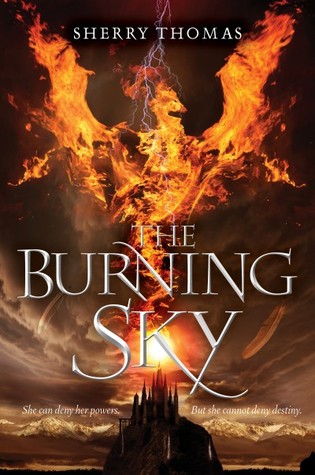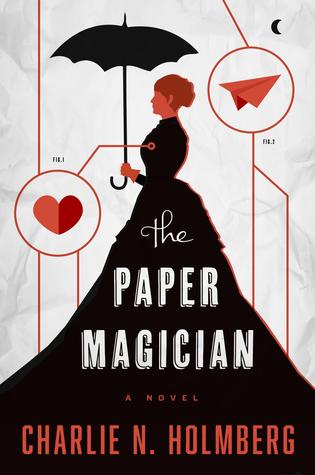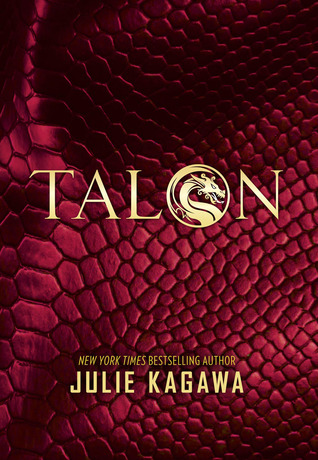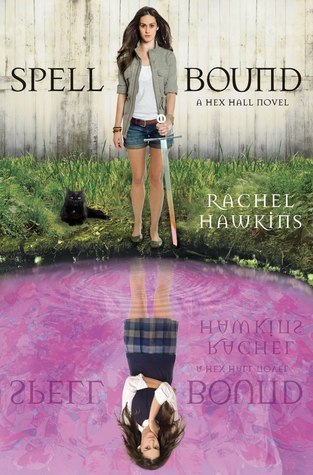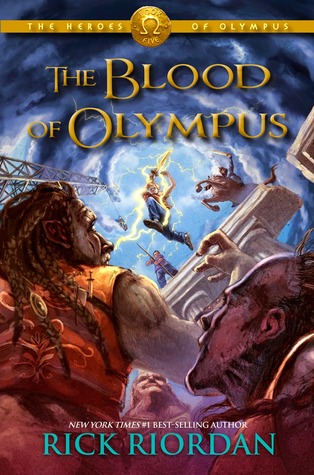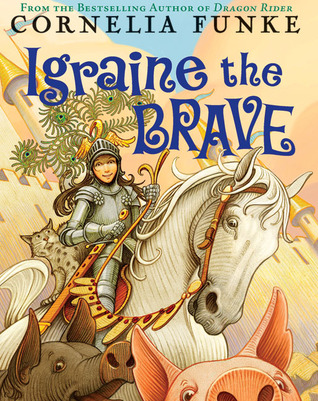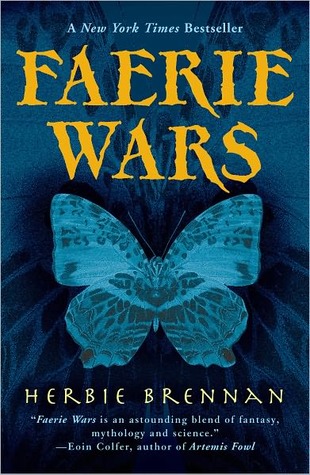The main character of "Vessel" is Liyana, a young woman from the Goat Clan. She and her people live in a desert, and during the last few years, they have been plagued by a drought. Things should get better soon, though, because Liyana is a vessel. Vessels are people who are picked to give up their bodies to their clan's god or goddess, so that the deity might walk upon the earth and help the clan to survive. When this happens, the vessel's soul is dislodged from their body and they die. The body lives on, but with the deity's soul inside it. After a year, the god or goddess leaves the body, and the body dies as well.
Not only are vessels condemned to die young, they aren't awarded the same freedom that is given to their peers even when they are still alive: they can't take part in risky activities, they can't scar, they can't have sex, they can't attempt to practice magic…
So, basically, being a vessel sucks, but it's considered an honor, so out of all the characters we meet in this book, only one vessel resent her fate.
And that's the book's first fault: the vessels are a really interesting idea, but they are not exploited to the fullest. The moral ramifications of the idea that it's okay for one person to die if it saves a whole bunch of other people are never explored. This is especially true because of a revelation that comes late into the book, and which should change things a lot in the characters' view of the world, very quickly (key word being "should").
Another fault the book has are the gods. They are dicks. There's not another way of putting this. With the exception of one god (the first we meet), they all spend their time bitching and moaning and being disrespectful to the members of the clans. They also have done some really questionable (if not outright evil) things that are never explained. The least spoilery thing of which is that they created sand-wolves, monsters made of sand that run inside sand-storms and attack people who are on their own. Why did the gods create these monsters? Who knows! Maybe they were bored and decided: "hey, let's make the desert people's lives more difficult than they already are!".
The first part of the novel is pretty good, if a bit monotonous. The characters travel from one clan to the next, finding more and more vessels to add to their ranks in a rescue mission to help some entrapped deities. They travel to the desert. There's a lot of sun, a lot of sweat and a lot of sand. Magic might be involved somehow. Yawn.
However, the author does a good job at using the pages for character development and to set up the relationships between the characters.
If only any of this payed off.
The second half of the book focuses on entirely different relationship, and a good chunk of the characters changes. Time is no longer devoted to character development, though, since the plot is now moving forward at breakneck speed. Oh, if only I cared about the people doing these things.
I wish the book had been longer by a hundred pages or so. That way, the build-up to the final battle would have been bigger, the final battle itself would have been longer and more epic and the ending better explained. I still can't figure out why some things happened the way they did.
Also, a new love interest was introduced in the second half of the book, and we got a love triangle that had no reason to exist whatsoever, since the new guys has so few scenes with the main character that I could count them on the fingers of one hand.
On the other hand, the relationship between Liyana and the trickster god Korbyn isn't much better. While there's a lot more build-up to the two of them falling in love (it's not a spoiler, you can tell from the first time she describes him that he's going to be a love interest), there are a several factors that make it kind of creepy. For example, he's the lover of Bayla, the goddess to whom Liyana was supposed to give up her body and he's thousands of years old.
I was slightly disappointed in the character of Korbyn in general. Trickster gods are usually the most interesting of the bunch, so I was excited when the blurb promised me a trickster main character. I was expecting someone smart and mischievous, always three steps ahead. Korbyn's not like that. He even sucks at being a trickster. Everyone sees through his schemes. We only know of one instance when he managed to trick someone and get away with it. One. Oh, and he showed up at an important meeting with a donkey's head in order to make fun of the other gods. Most of the time, he doesn't have a clue as to what is happening. You know his people are tricksters because they lay out traps for their enemies. Wow. They aren't even ingenious traps. It's not trickery, it's common sense!
On a more positive note, the mythology is interesting and, for the most part, very well-done. I liked the way the myths and stories where interwoven with the main narrative, and the magic system is also quite intriguing.
The first part of the book is worthy of four stars, but the second half only deserves two (and barely at that). So I'll give "Vessel" three stars and call it a day. I still recommend it, if you don't know what to read and like mythology, but there are a lot of better books out there.
Rating:
★★★




